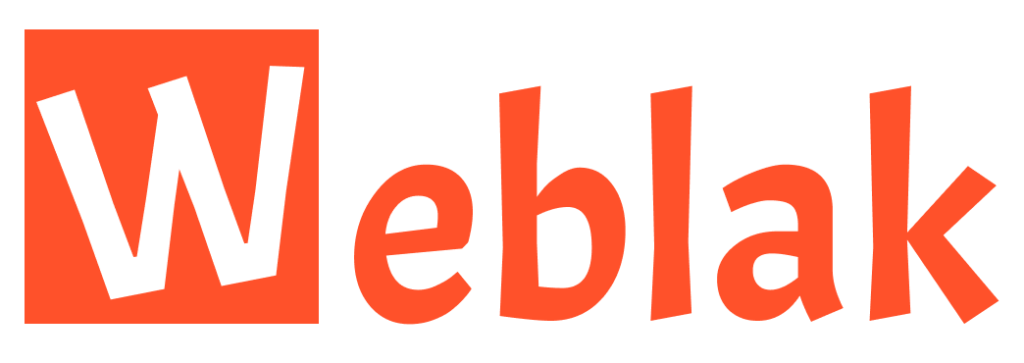Understanding Your Project Needs
Before embarking on a web development journey, it is crucial to gain a comprehensive understanding of your project needs. This initial step serves as a foundation for successful collaboration with a web development agency. Begin by outlining your project goals, which will ultimately guide the agency in delivering a product that meets your expectations. Consider whether your primary objective is to raise brand awareness, generate leads, or enhance user engagement. By clearly defining your goals, you pave the way for effective communication with potential agencies.
Next, identify the desired features for your website. Features may include responsive design, e-commerce capabilities, content management systems, or user registration functionality. Differentiating between essential features and ‘nice-to-haves’ is key in this stage; focus on what functionality is vital for serving your target audience. This prioritization allows for a more structured approach to discussions with web developers and ensures that your budget is allocated on the most impactful aspects of your site.
The target audience should also dictate design and functionality choices. Analyze the demographics of your intended users, including their preferences, behaviors, and technological proficiency. Understanding your audience’s needs will enable developers to create a user-friendly experience tailored specifically to them. Furthermore, establishing budget constraints early on helps in determining what is feasible within your financial limitations and guides the selection of a suitable web development agency.
In summary, taking the time to clarify your project’s scope, goals, features, audience, and budget will greatly enhance your communication with prospective web development partners. This clarity not only aligns expectations but also ensures a smoother development process, ultimately leading to a successful and collaborative project outcome.
Evaluating Potential Agencies: Red Flags and Green Lights
When it comes to partnering with a web development agency, the evaluation process is critical to ensuring that your project aligns with the agency’s expertise and vision. Start by investigating the agency’s experience in the field. A lengthy track record in web development signifies resilience and the ability to adapt to changing technologies. Specialized experience in your industry can also be an invaluable asset as it may streamline the development process and reduce the learning curve.
Additionally, reviewing past projects can provide insight into the agency’s capabilities and design style. Look for case studies on their website that demonstrate successful outcomes, particularly with projects similar to what you envision. Pay attention to the challenges they faced and how they were addressed, as this will reflect their problem-solving skills. Client testimonials can offer a more subjective perspective on the agency’s performance and reliability; thus, seeking out independent reviews or asking for direct references can enhance your understanding of their credibility.
A thorough interview process is essential for assessing potential agencies. Prepare a list of questions that probe into their development methodologies, timelines, and communication strategies. Ask about the team’s qualifications, as the expertise of the individuals working on your project can greatly influence its success. Equally important is evaluating the agency’s cultural fit with your organization. Ensure that their values and work style resonate with your own, as a harmonious collaboration can lead to more productive outcomes.
It is equally crucial to be vigilant for red flags. Lack of transparency regarding project timelines or costs can indicate underlying issues. Moreover, be cautious of agencies that make unrealistic promises about results or timelines, as they may be more focused on securing a contract than delivering quality work. By taking the time to vet potential web development agencies, you can select a partner that not only meets your requirements but also contributes to the long-term success of your project.
